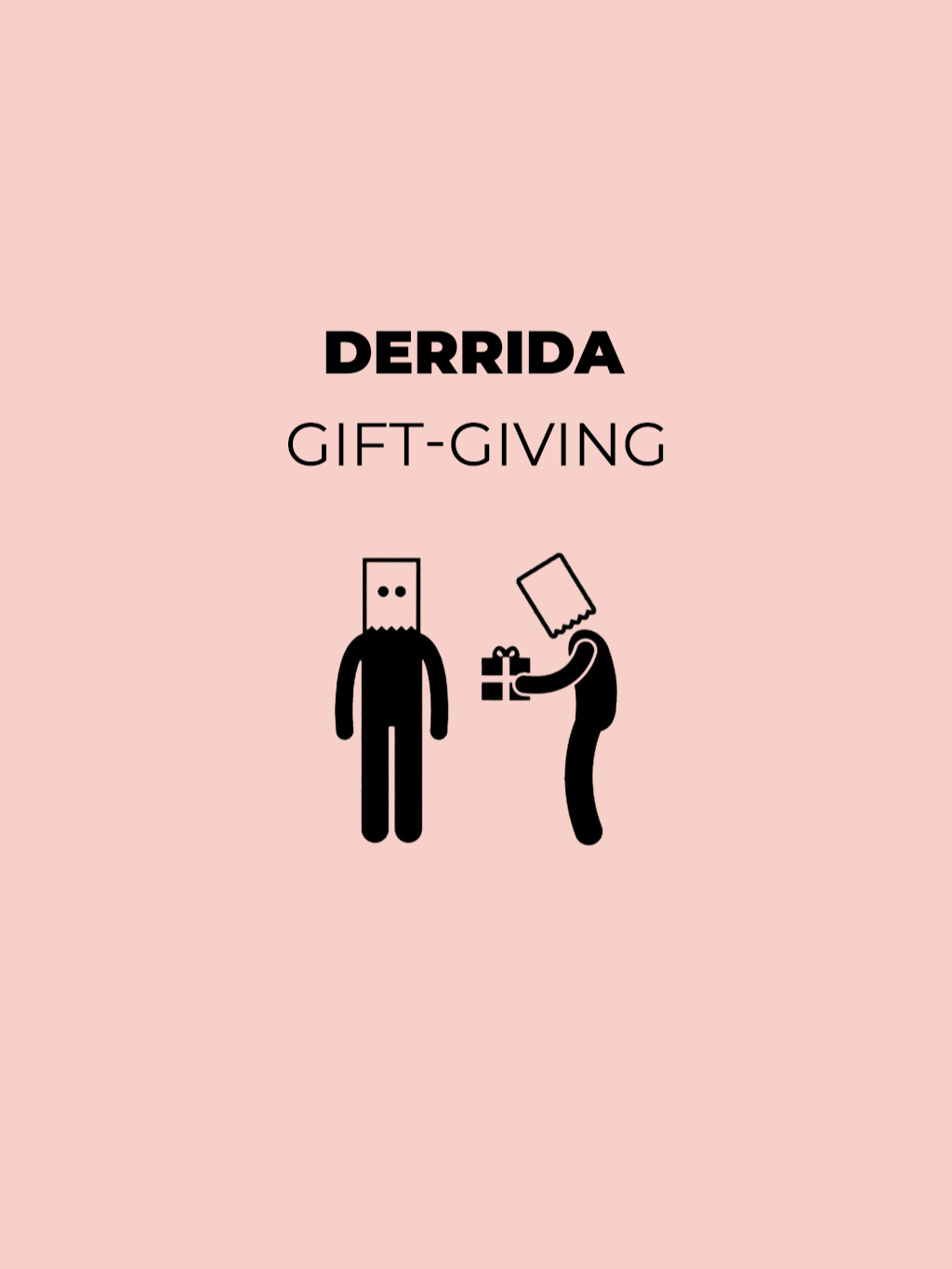สายฟ้า shop
Region: TH
Friday 13 September 2024 23:16:40 GMT
2310
13
1
0
Music
Download
Comments
สายฟ้า shop :
D-Shap วิตามินดีแซ่บ มอสเจีย 1 กล่อง (4 แคปซูล) ใหม่ เพียง ฿294.00!
2024-09-13 23:16:48
0
To see more videos from user @sukree99, please go to the Tikwm
homepage.





